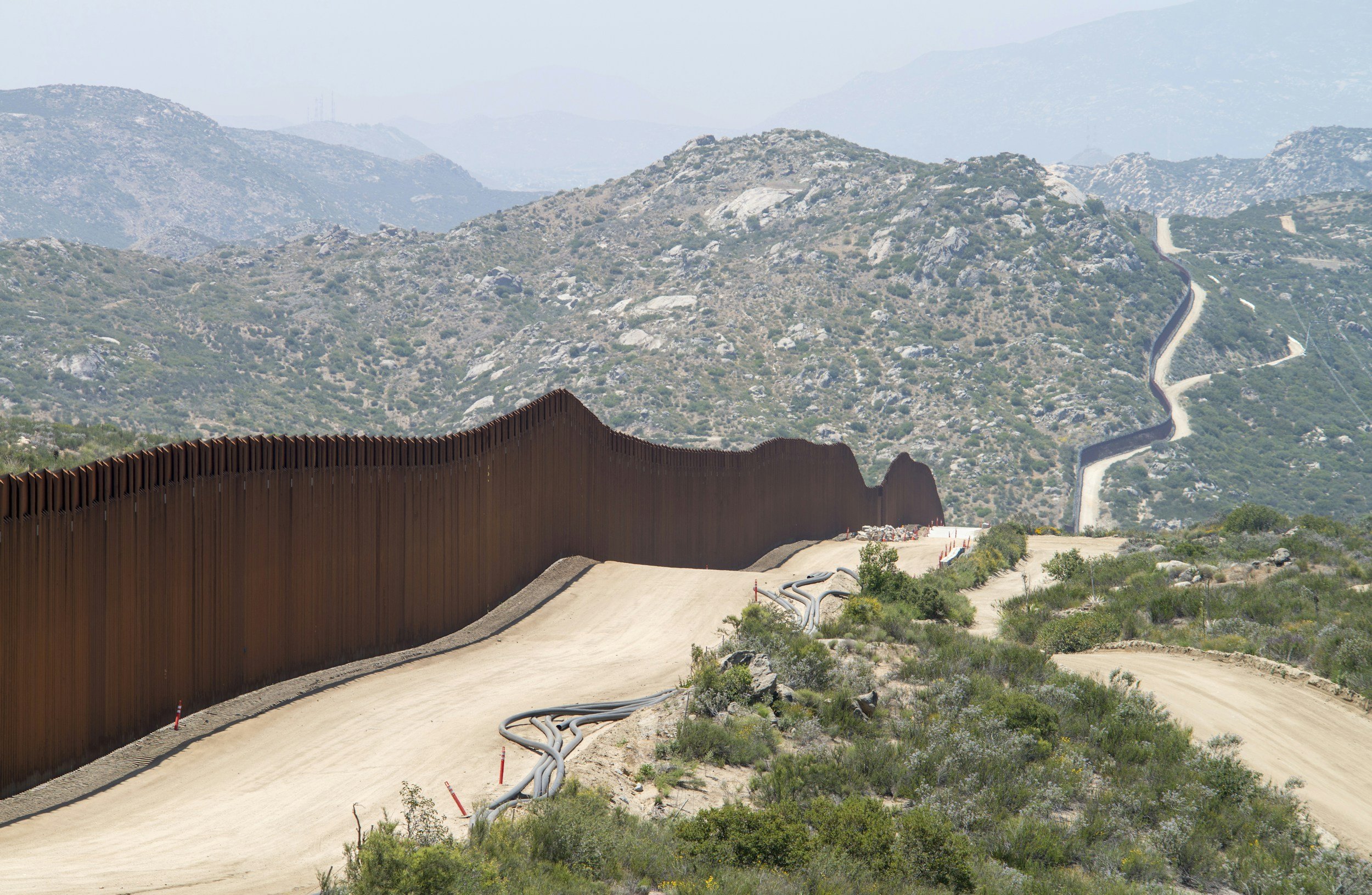Our Services
Asylum
Asylum is a protection granted to individuals in the United States who have fled their home country due to persecution or fear of persecution based on race, religion, nationality, political opinion, or membership in a particular social group. Successful asylum seekers are allowed to live and work in the U.S. and can eventually apply for permanent residency.
Family & Marriage Visas
Family & Marriage Visas are special permits that allow individuals from other countries to live in the United States because they have family members or a spouse who are U.S. citizens or permanent residents. If you are married to an American or have close family in the U.S., you can apply to stay with them in America.
Deferred Action for Childhood Arrivals (DACA)
Deferred Action for Childhood Arrivals (DACA) is a program for young people who were brought to the United States as children without legal authorization. It allows them to stay in the U.S. without the threat of deportation and to work legally, provided they meet specific requirements and renew their permission regularly.
Adjustment of Status
Adjustment of Status is the process by which individuals already in the United States can apply to change their immigration status to that of a legal permanent resident (Green Card holder) without having to return to their home country. This allows them to live and work in the U.S. permanently.
Petition to Remove Conditions on Residence
The Petition to Remove Conditions on Residence is a form for individuals who received a two-year Green Card through marriage. This petition proves the marriage is legitimate and not solely for obtaining a Green Card. Once approved, it grants a Green Card with a 10-year validity, free of these conditions.
U-Visas
The Victims of Crime (Visa U Application) program is designed for individuals who have been victims of crime in the United States and have assisted law enforcement in apprehending the perpetrators. This visa allows them to stay in the U.S. legally as recognition of their bravery and cooperation.
I-212 (Application for Permission to Reapply for Admission into the U.S. After Deportation or Removal)
The I-212 application is for individuals who have been previously deported or removed from the United States and wish to re-enter the country legally. This form seeks permission to reapply for admission, addressing the reasons for their prior removal.
Military Parole in Place
Military Parole in Place is a special provision for family members of U.S. military personnel who are living in the United States without legal status. This program allows them to stay in the U.S. temporarily, providing a pathway to adjust their status to legal permanent residency.
Criminal
Criminal immigration issues arise when non-citizens in the United States face legal challenges due to criminal charges or convictions. Such issues can lead to deportation, denial of immigration benefits, or inadmissibility. Addressing these cases often requires specialized legal representation to navigate the complexities of both criminal and immigration law.
Citizenship/Naturalization
Citizenship and Naturalization is the process that enables individuals not born in the United States to become U.S. citizens. This grants them all the rights and responsibilities of citizenship, including the ability to vote, hold a U.S. passport, and be a permanent member of the American community.
Advance Parole
Advance Parole is a travel document that allows certain individuals living in the United States to re-enter the country after traveling abroad without the need for a visa. It is often used by those with pending applications for adjustment of status to maintain their application status while traveling.
Violence Against Women Act (VAWA) Visa
The Violence Against Women Act (VAWA) Visa provides protection and immigration relief to victims of domestic violence, regardless of gender. It allows abused spouses, children, and parents of U.S. citizens or permanent residents to apply for legal status independently of their abuser.
I-601 Provisional Waiver
The I-601A Provisional Waiver is a form for individuals who are otherwise inadmissible to the U.S. due to certain immigration violations. This waiver allows them to seek forgiveness before leaving the U.S., facilitating their legal return, particularly if their absence would cause hardship for their U.S. family.
Consular Process
Consular Processing is the method through which individuals apply for a U.S. visa or Green Card from outside the United States, via a U.S. embassy or consulate in their home country. It involves submitting forms, attending interviews, and awaiting approval to legally enter and reside in the U.S.
FOIA
A FOIA (Freedom of Information Act) Request is a process by which individuals can request access to federal agency records, including their immigration files, held by U.S. Citizenship and Immigration Services (USCIS). This can provide important information for those navigating their immigration status.
Deportation/Removals
Deportation, also known as Removal, is the legal process by which the U.S. government orders a non-citizen to leave the country due to violations of immigration laws. This can result from reasons such as illegal entry, overstaying a visa, or committing certain crimes. Once deported, individuals may face legal barriers to re-entering the U.S.
Residency Renewal
A Green Card application is the process through which individuals apply to become legal permanent residents of the United States. This status allows them to live, work, and study in the U.S. similar to American citizens, though they will not hold a U.S. passport.





